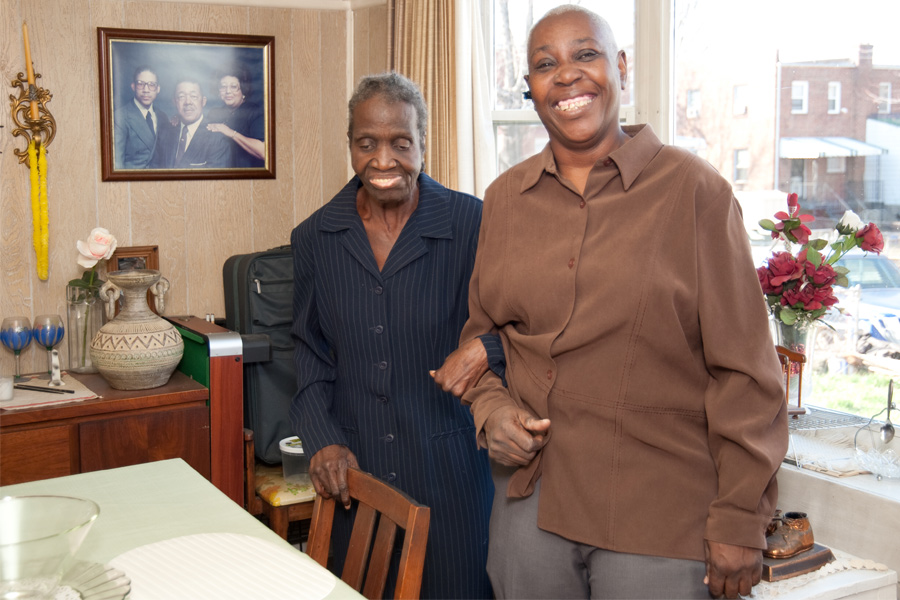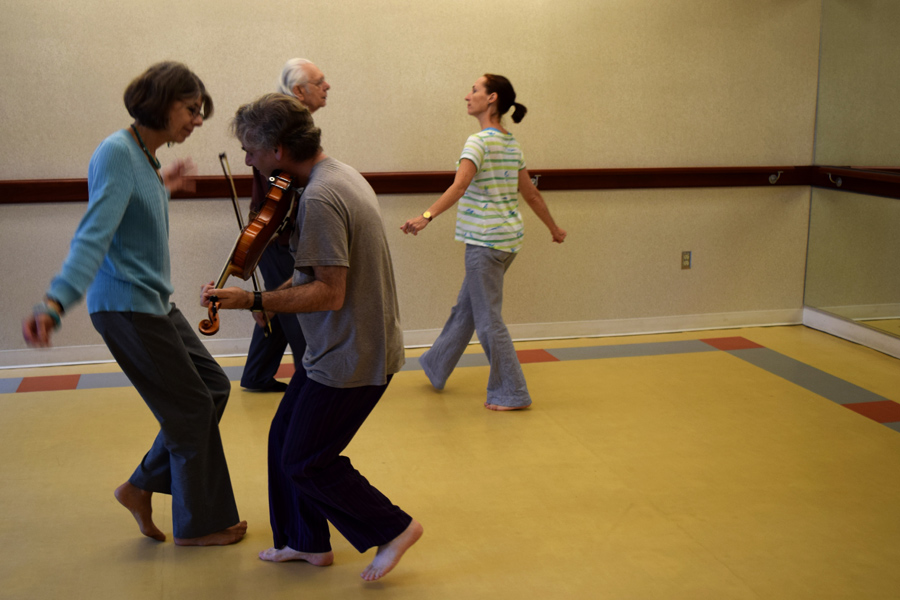COVID-19 Resources for “Grandfamilies”


While we’re all being advised to practice safe social distancing, we know that this could be an unrealistic task for older caregivers and those who are part of a “grandfamily.” In fact, in the DC area, there are over 4,200 grandparents who are the sole caregiver or guardian of children in their homes, and over 12, 000 children who live with a grandparent. Isolating yourself from your grandchildren would be impossible! To help ensure that your family, and families alike, stay safe, active, and equipped with accurate tools and information, we’re sharing best practices and local resources.
First things first, it is best that everyone in your household maintain good hygiene and safe distancing. Here are the most common guidelines for staying safe during this crisis:
Health & Safety
- Wash hands regularly and thoroughly.
- Avoid touching face.
- Clean and disinfect high-touch surfaces daily.
- Practice “social distancing” from those you don’t live with. Stay home as much as possible. If you have to meet someone, consider a virtual meeting via phone, tablet, or computer.
- Visit the Centers for Disease Control and Prevention (CDC) website.
Secondly, you want to stay updated with accurate information from valid sources. Here are some local sources:
Mental Health
During this time of uncertainty, you may find yourself feeling antsy, overwhelmed, overly emotional, or filled with worry. And, of course, children may be experiencing the same feelings. Here are some great sources for managing stress or anxiety in your household:
- Read The family lockdown guide: how to emotionally prepare for coronavirus quarantine from The Guardian.
- Here are 5 Ways to Help Teens Manage Anxiety About the Coronavirus from the New York Times.
- Check out Tips for Families: Coronavirus from ZERO TO THREE.
Learning Resources & Activities for Your Children
In addition to you having access to valid information about the virus, children under your care should also receive factual (yet age-appropriate information) and reassurance. Here are excellent resources for communicating information to them about the coronavirus:
- Child Mind: Talking to Kids About the Coronavirus
- Childtrends.org
- Just for Kids, A Comic Exploring the new Coronavirus from National Public Radio
- Answering Your Child’s Questions During the Coronavirus from ZERO TO THREE
- Multilingual Coloring Book for Explaining Coronavirus: This short book is available in 11 languages and offers a place for children to express their feelings about the coronavirus and how it affects their families. It explains what the virus is and how children can help stop its spread. Download a copy at Mindheart.co/descargables.
- Generations United’s Valuing Vaccinations across Generations Intergenerational Discussion Guide has helpful information and strategies for family conversations.
With school closures, you may also be juggling a number of responsibilities: household errands, work assignments, helping with school, etc. These resources and activities for children at home might help:
- Check out Learning Links – 4-H and more! IDEAS FOR LEARNING WHILE SCHOOLS ARE CLOSED (AT HOME & AT CENTERS) from Washington State University.
- Amazingeducationalresources.com
- Learn about 60 days of free access to online games and activities available to families from Caribu.
Food Access
Although schools are closed during this quarantine, schools and childcare centers are still providing meals and other solutions for your family to access food.
DC schools will say with virtual learning through the rest of the school year. DC Public Schools and DC Public Charter Schools are providing meals for any children under 18. Both the DCPS and the DCPCS sites and their hours can be viewed here.
The city is now also partnering with Martha’s Table and DC Central Kitchen to provide pre-packed grocery bags at 10 DCPS sites for students and their families. Grocery bags will be distributed Monday-Friday, from 12:30 PM- 2:00 PM.

- DC Greens has an excellent round-up of meal sites throughout the District. Read it here. You can also visit DC Government’s website for more information.
- Additionally, the Department of Aging and Community Living (DACL) is offering frozen meal delivery for older adults. Individuals under age 60 may be eligible if they are the spouse of a homebound older adult or an individual with disabilities that resides with a homebound older adult. Contact (202) 895-9448, and press 1 to reach the Helpline, or email info@iona.org for more information about DACL’s meals.
Family caregivers may also qualify for assistance with groceries, meals, infant formula, and nutrition education. Here are local programs where your family can find support:
- DC Supplemental Nutrition Assistance Program (SNAP)—this federal Food Stamp Program helps low-income individuals and families afford certain food items. Learn more at the DC Department of Human Services, or call 202-671-4200.
- Women, Infant, and Children (WIC) – States administer federal funds for supplemental foods, health care referrals, and nutrition education for low-income pregnant, breastfeeding, and non-breastfeeding postpartum women, and to infants and children up to age five who are found to be at nutritional risk.
To round off advice for managing your household during this pandemic, here are a few other tips to help:
- Be sure to have a backup plan. You may want to create or update a “Secondary Permanency Plan” or Advance Care Directive that outlines who can help take care of the child or children under your care in case you are no longer able to do so.
- Stay connected to your network of friends, colleagues, and family from home. We gathered a list of resources/apps that allow you to chat with friends and family online, by a phone or video, and here is an article with resources and information on Free and Low Income Internet Plans for Families, Seniors, and Students.
- For other good information and resources for “grandfamilies” during the coronavirus pandemic, visit Generations United.
Related Articles

A Couple’s Vows Create Opportunities to Age Well

Can You Imagine Taking Three Buses to Get to Iona?

